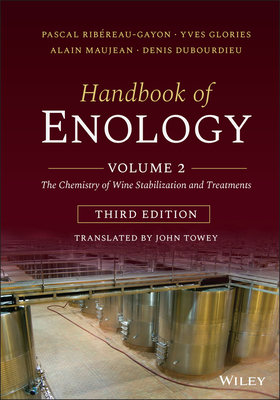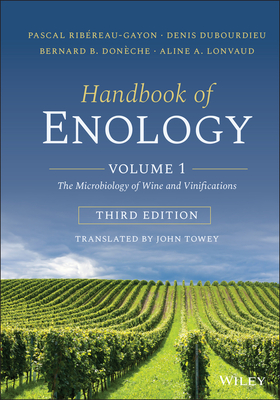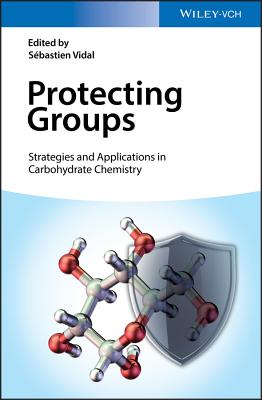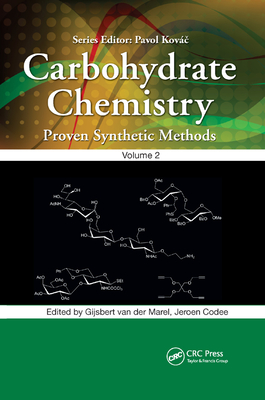Handbook of Enology, Volume 2: The Chemistry of Wine Stabilization and Treatments
暫譯: 葡萄酒學手冊,第二卷:葡萄酒穩定化與處理的化學
Ribéreau-Gayon, Pascal, Glories, Yves, Maujean, Alain
- 出版商: Wiley
- 出版日期: 2021-03-29
- 售價: $6,850
- 貴賓價: 9.5 折 $6,508
- 語言: 英文
- 頁數: 560
- 裝訂: Hardcover - also called cloth, retail trade, or trade
- ISBN: 111958776X
- ISBN-13: 9781119587767
-
相關分類:
化學 Chemistry
海外代購書籍(需單獨結帳)
商品描述
As an applied science, Enology is a collection of knowledge from the fundamental sciences including chemistry, biochemistry, microbiology, bioengineering, psychophysics, cognitive psychology, etc., and nourished by empirical observations. The approach used in the Handbook of Enology is thus the same. It aims to provide practitioners, winemakers, technicians and enology students with foundational knowledge and the most recent research results. This knowledge can be used to contribute to a better definition of the quality of grapes and wine, a greater understanding of chemical and microbiological parameters, with the aim of ensuring satisfactory fermentations and predicting the evolution of wines, and better mastery of wine stabilization processes. As a result, the purpose of this publication is to guide readers in their thought processes with a view to preserving and optimizing the identity and taste of wine and its aging potential.
This third English edition of The Handbook of Enology, is an enhanced translation from the 7th French 2017 edition, and is published as a two-volume set describing aspects of winemaking using a detailed, scientific approach. The authors, who are highly-respected enologists, examine winemaking processes, theorizing what constitutes a perfect technique and the proper combination of components necessary to produce a quality vintage. They also illustrate methodologies of common problems, revealing the mechanism behind the disorder, thus enabling a diagnosis and solution.
Volume 2: The Chemistry of Wine and Stabilization and Treatments looks at the wine itself in two parts. Part One analyzes the chemical makeup of wine, including organic acids, alcoholic, volatile and phenolic compounds, carbohydrates, and aromas. Part Two describes the procedures necessary to achieve a perfect wine: the clarification processes of fining, filtering and centrifuging, stabilization, and aging.
Coverage includes: Wine chemistry; Organic acids; Alcohols and other volatile products; Carbohydrates; Dry extract and mineral matter; Nitrogen substances; Phenolic compounds; The aroma of grape varieties; The chemical nature, origin and consequences of the main organoleptic defects; Stabilization and treatment of wines; The chemical nature, origin and consequences of the main organoleptic defects; The concept of clarity and colloidal phenomena; Clarification and stabilization treatments; Clarification of wines by filtration and centrifugation; The stabilization of wines by physical processes; The aging of wines in vats and in barrels and aging phenomena.
The target audience includes advanced viticulture and enology students, professors and researchers, and practicing grape growers and vintners.
商品描述(中文翻譯)
作為一門應用科學,酿酒學(Enology)是從基礎科學中收集的知識,包括化學、生物化學、微生物學、生物工程、心理物理學、認知心理學等,並以經驗觀察為基礎。因此,《酿酒学手册》(Handbook of Enology)所採用的方法也是如此。它旨在為從業者、釀酒師、技術人員和酿酒學學生提供基礎知識和最新的研究成果。這些知識可以用來更好地定義葡萄和葡萄酒的品質,增進對化學和微生物參數的理解,以確保滿意的發酵過程並預測葡萄酒的演變,以及更好地掌握葡萄酒穩定化過程。因此,本出版物的目的是引導讀者在思考過程中,旨在保護和優化葡萄酒的身份和風味及其陳年潛力。
本書的第三版英文版《酿酒学手册》(The Handbook of Enology)是從2017年第七版法文版增強翻譯而來,並以兩卷本的形式出版,詳細描述了釀酒的各個方面,採用科學的方法。作者是備受尊敬的酿酒學家,他們研究釀酒過程,理論上探討什麼構成完美的技術以及生產高品質年份酒所需的適當組合成分。他們還闡述了常見問題的解決方法,揭示了背後的機制,從而使診斷和解決方案成為可能。
第二卷:《葡萄酒的化學及穩定化與處理》(The Chemistry of Wine and Stabilization and Treatments)將葡萄酒本身分為兩部分進行探討。第一部分分析葡萄酒的化學成分,包括有機酸、醇類、揮發性和酚類化合物、碳水化合物和香氣。第二部分描述了實現完美葡萄酒所需的程序:澄清過程,包括澄清、過濾和離心、穩定化和陳釀。
內容涵蓋:葡萄酒化學;有機酸;醇類及其他揮發性產品;碳水化合物;乾性萃取物和礦物質;氮化合物;酚類化合物;葡萄品種的香氣;主要感官缺陷的化學性質、來源及後果;葡萄酒的穩定化和處理;主要感官缺陷的化學性質、來源及後果;清澈度和膠體現象的概念;澄清和穩定化處理;通過過濾和離心澄清葡萄酒;通過物理過程穩定葡萄酒;在桶中和在木桶中陳釀葡萄酒及其陳釀現象。
目標讀者包括高級葡萄栽培和酿酒學學生、教授和研究人員,以及實踐中的葡萄種植者和釀酒商。



























